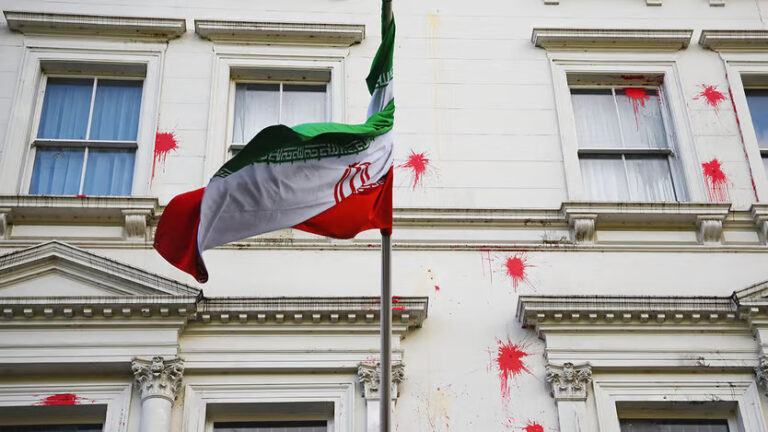President Barack Obama overruled two senior government lawyers in deciding that he had the authority to
continue US military operations in Libya without Congressional approval. In reaching his conclusion Mr. Obama rejected the opinions of Jeh C. Johnson, the Pentagon general counsel, and Caroline Krass, the acting head of the Justice Department’s Office of Legal Counsel, The New York Times reported. Citing officials familiar with the administration’s deliberations, the newspaper said the Pentagon and Justice Department lawyers argued that the US bombing runs over Libya, under NATO command, were “hostilities.”
Under the 1973 War Powers Resolution (WPR), a president has 60 days to get authorization from Congress — which under the US constitution has the authority to declare war — for a military deployment. Failing that, the Resolution sets a further 30 days to withdraw US forces from harm’s way.
Mr. Obama however agreed with two other top government lawyers — White House counsel Robert Bauer and State Department legal adviser Harold Koh — who said the US military action in Libya did not amount to “hostilities” because it was in a support role and that they could continue without the green light from Congress.
The White House said it would not comment on The Times’s report, but spokesman Eric Schultz described the deliberations as “a robust process.”
The WPR “has been subject to intense debate since it was first enacted in 1973, and even critics of the administration’s position concede the legitimacy of different points of view,” said Mr. Schultz, adding that “there was a full airing of views within the administration.”
He said the White House would not discuss the internal process in which Mr. Obama receives legal advice, but said: “It should come as no surprise that there would be some disagreements, even within an administration, regarding the application of a statute that is nearly 40 years old to a unique and evolving conflict.”
Reports of internal disagreements, are certain to fuel the building political row in Washington over the US role in NATO’s Libya mission, and claims in Congress that the president overstepped his powers in ordering the conflict.
That Mr. Obama is reported to have overruled a top Pentagon lawyer will also likely add to speculation of differences of approach on some national security issues between the White House and the Defense Department — key figures including outgoing Defense Secretary Robert Gates were seen as skeptical of US intervention in Libya from the outset.
The White House on Wednesday made their case for participating in the NATO-led assault on Muammar Qaddafi’s forces in a 30-page report to lawmakers.
The document was compiled after Republican House Speaker John Boehner sent a scathing letter to the president warning that US operations would be illegal come Sunday because they lacked formal congressional approval.
“US forces are playing a constrained and supporting role in a multinational coalition,” the White House report said, noting that the use of force was being used solely to protect civilians, enforce a no-fly zone and an arms embargo.
A senior administration official added: “we are not engaged in any of the activities that typically over the years in war powers analysis has been considered to constitute hostilities within the meaning of the statute.”
The White House has maintained that US military activity against Libya is limited, without any plans to commit ground troops. Democrats in Congress, including Senate Majority Leader Harry Reid, have backed Mr. Obama’s refusal to invoke the War Powers Act and have suggested the Libya mission is likely to end soon.
The 1973 War Powers Resolution was passed during the era of the Vietnam War to set out the powers of the president and Congress regarding US military actions. It prohibits US armed forces from being involved in military actions for more than 60 days without congressional authorization.











+ There are no comments
Add yours